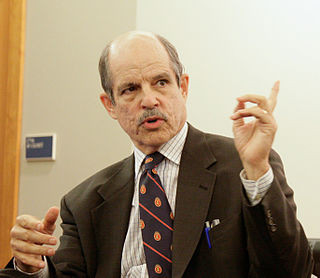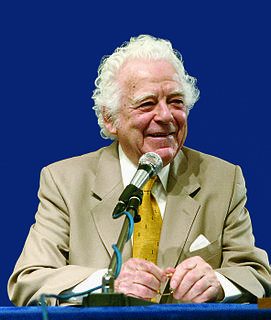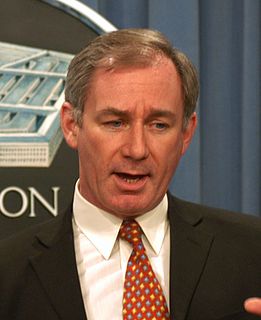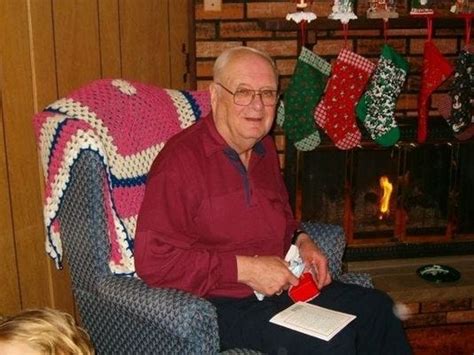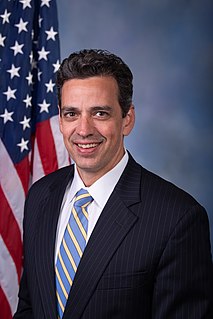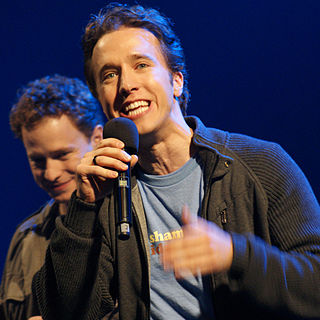A Quote by Clive Lewis
Heathrow is conveniently located for airlines to shuttle the global elite between different routes. These flights disturb the peace of millions, disrupting lessons across west London and dumping toxic gases on people living around the airport. Their passengers don't pay a penny in taxes.
Related Quotes
In the late 1960s, Ontario Airport was a throwback to a bygone era. Located 35 miles east of downtown Los Angeles, the airport served only two carriers, Western and Bonanza. Passengers could catch regional flights to San Francisco, Sacramento, Las Vegas, Palm Springs, Phoenix and Los Angeles, and that was about it.
Divestitures have long been the preferred remedy for horizontal mergers, where there's an overlap between the two companies. Airlines, for example, may have to sell routes or airport gates where the two airlines compete; cable operators may have to sell operations in cities where both companies operate.
Companies tend not to recognize that the way global projects have to be organized and run is fundamentally different from how co-located projects are managed. Everything is different in global projects from the need for organizational stability, a shared strategic context driving the project, the building of a competence in dispersed working, greater focus on planning the project to the need for trust between sites. Yet, most firms merely transfer their co-located best practice to a global arena. This will inevitably result in problems, delays and cost overruns.
Millions and millions of people don't pay an income tax, because they don't earn enough to pay on one, but you pay a land tax whether it ever did or ever will earn you a penny. You should pay on things that you buy outside of bare necessities. I think this sales tax is the best tax we have had in years.
Peace is a culture that we create by putting it in the curriculum for young people, through creating this next generation where young people get a chance to go across borders, across cultures, to learn more about each other's life, to create a global community, learn about opportunities for helping others. It's investing in peace and tolerance training, ending the gap between rich and poor.
It was over in a blink of an eye, that moment when aviation stirred the modern imagination. Aviation was transformed from recklessness to routine in Lindbergh's lifetime. Today the riskiest part of air travel is the drive to the airport, and the airlines use a barrage of stimuli to protect passengers from ennui.

